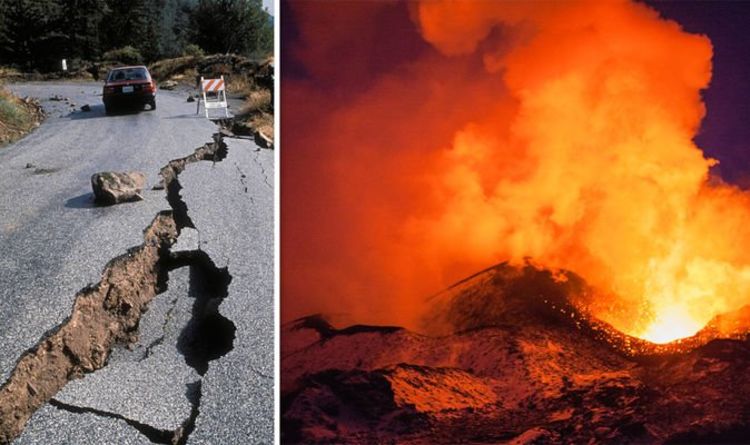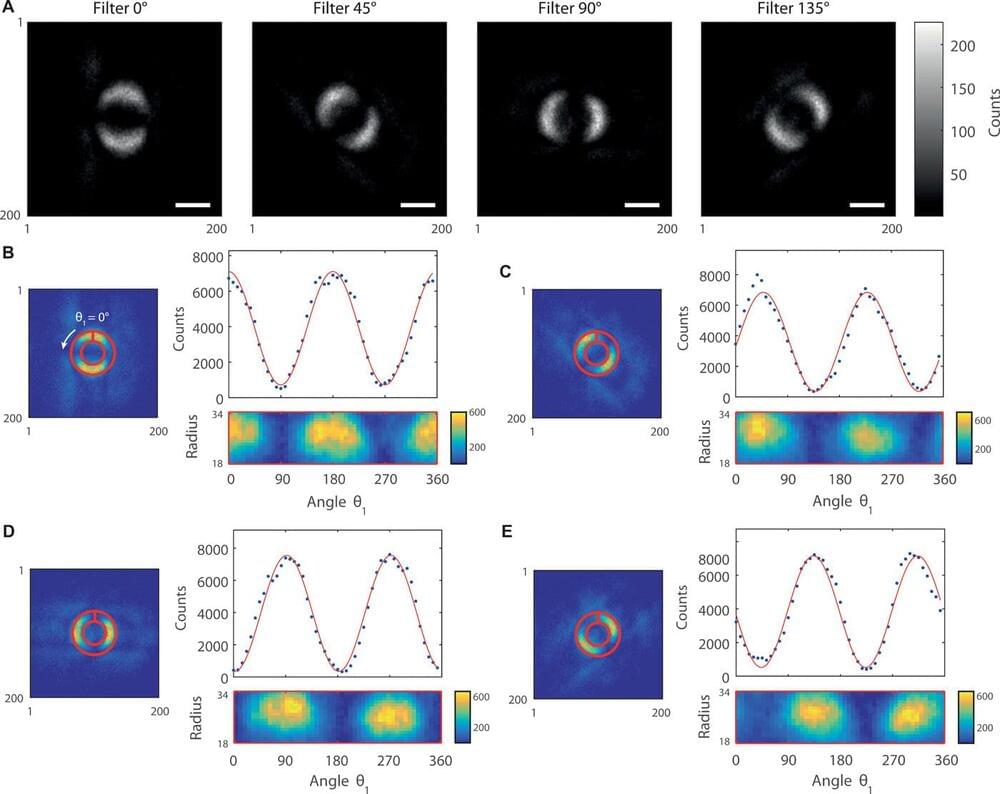Governments should prioritize ‘adaptation and resilience’ measures designed to curb the effects of ongoing lower-impact climate events, experts say.



The El Niño-Southern Oscillation has been responsible for widespread, simultaneous crop failures in recent history, according to a new study from researchers at Columbia University’s International Research Institute for Climate and Society, the International Food Policy Research Institute (IFPRI) and other partners. This finding runs counter to a central pillar of the global agriculture system, which assumes that crop failures in geographically distant breadbasket regions such as the United States, China and Argentina are unrelated. The results also underscore the potential opportunity to manage such climate risks, which can be predicted using seasonal climate forecasts.
The study, published in Science Advances, is the first to provide estimates of the degree to which different modes of climate variability such as ENSO cause volatility in global and regional production of corn, wheat and soy. Such variability caused nearly 18 percent volatility in global corn production from 1980 to 2010, for example.
“Global agriculture counts on the strong likelihood that poor production in one part of the world will be made up for by good production elsewhere,” said Weston Anderson, a postdoctoral research scientist at the International Research Institute for Climate and Society and lead author on the study.


I find it encouraging that so many people want to know if they should get into Bitcoin. But, I am discouraged when I discover that “getting into” is a euphemism for investing, trading, flipping or HODL (Buy, then hold on for dear life).
Sure, Bitcoin is deflationary. If widely adopted, it is likely to increase in value. But adoption is being thwarted by traders. Today 95% of cryptocurrency transactions are by individuals or organizations buying or swapping cryptocurrency rather than using crypto to buy apples, a new car, or a family vacation.
Many people consider Bitcoin to be risky and not just as an investment! They think its risky to use a payment instrument. The perception of risk is associated with its widely fluctuating exchange rate. In the end, the exchange value won’t matter at all, because Bitcoin will be the money and not the dollar, yen, euro or pound. But, unfortunately, even though the argument for widespread adoption is compelling, it will not occur while we continue to see spikes and plunges on a graph.
If you are waiting for volatility to abate, then we need adoption beyond bleeding edge adopters (so called Geeks and nerds). And I am not referring to traders. We must arrive at a day when the fraction of transactions driven by purchase & sale, debt payment, salaries, memberships, fees, and settlements and big companies quoting grain, oil or ships dwarfs the fraction driven by speculators & investors. This is the only way to trigger the series of reactions that will lead to stability, ubiquity and public trust.
Trading is only one way to profit from the cryptocurrency market—and it is, by far, the most risky. In fact, if you employ the tools and techniques of technical analysis (i.e. you study graphs of performance over time), then you certainly won’t make money. In fact, you will lose your shirt.
I don’t recommend trading as a core strategy for building a career around cryptocurrency. You can make a decent living with a real crypto career, or a consulting sideline. We will get to a few suggestions below. But, if you wish to invest, day trade or HODL, stick to gradual, dollar-cost-averaging instead. Choose a small, monthly budget that doesn’t take food off the table and that you can afford to lose. This is the method of anyone who built great wealth through equities, including Warren Buffet.
Other ways to profit from cryptocurrency

Courtesy of Microcosmos ISBN 0 521 30433 4
© Cambridge University Press 1987
fig. 7.
ATOMS
The smallest unit of matter that can be imaged my microscopy today is the atom. The use of high resolution electron microscopy or HREM enables the scientist to study the neat lines and rows of atoms arranged in their unit cells. The world of atomic level microscopy is bathed in hyperbole. Imaging an atom at a magnification of x 100 million is equivalent to observing from Earth the golf ball that Neil Armstrong hit on the moon. The microscopists at the forefront of high resolution imaging are now trying to read the golf ball’s number!

When I founded the Life Extension® group in 1977, our unique purposes attracted a lot of media attention.
A question reporters often asked me was:
“Why do you want to live so long?”
Rather than respond to the obvious, I made it clear that if people followed healthier lifestyles, they could add about 15 years to their lifespans.

SUBSCRIBE to Barcroft TV: http://bit.ly/Oc61Hj
BIRTHDAY celebrations are usually a time for decadence and partying until the small hours – that is unless you’re a fitness obsessed octogenarian! Jacinto Bonilla, 80, from New York, celebrated his eightieth birthday on 3 July by completing 80 double-unders on a jump rope, followed by 80 squats, 80 push-ups, 80 pull-ups, 80 wall ball shots, 80 kettlebell swings, 80 deadlifts with a 90-pound weight – ending with another round of 80 double-unders. Every year since he turned 69, the so-called “grandfather of CrossFit” has added one rep to his brutal trademark birthday workout – the Jacinto Storm. Follow his story here:
https://www.instagram.com/crossfit1939
Video Credits:
Videographer / director: Will Francome
Producer: Gareth Shoulder, Ruby Coote
Editor: Sonia Estal
Click here to follow your favourite Barcroft shows on Instagram!
Barcroft TV — https://www.instagram.com/barcroft_tv/
Born Different — https://www.instagram.com/borndifferentshow/
Shake My Beauty — https://www.instagram.com/shakemybeauty/
Hooked On The Look — https://www.instagram.com/hookedonthelookshow/
Beast Buddies — https://www.instagram.com/beastbuddiesshow/
Ridiculous Rides — https://www.instagram.com/ridiculousridesshow/
Snapped In The Wild — https://www.instagram.com/snappedinthewild/
Dog Dynasty — https://www.instagram.com/dogdynastyshow/
For more amazing content, click here!
Barcroft Animals: https://www.youtube.com/barcroftanimals/featured
Barcroft Cars: https://www.youtube.com/user/BarcroftCars/featured
Scientists develop a new treatment for type-2 diabetes.